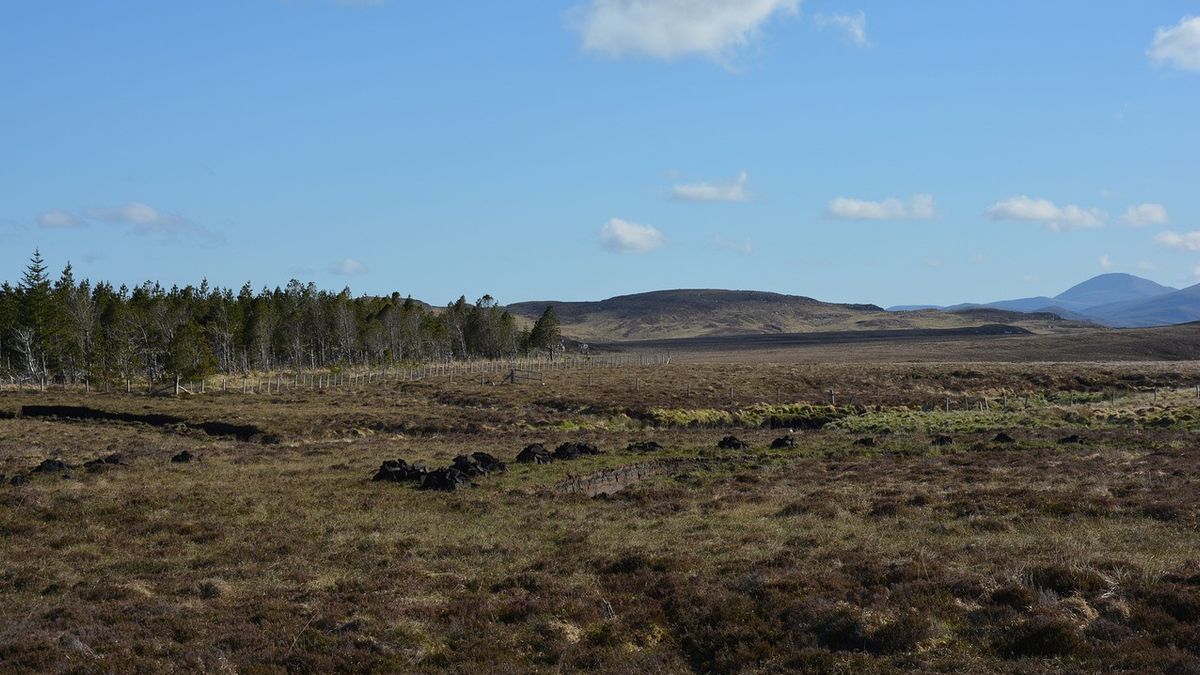YOGYAKARTA What is peatland? What function of peatland for human life? Come on, see the following explanation.
Please note, Indonesia is one of the countries that has the largest peatlands in the world.
The peatland area in Indonesia is estimated to reach 22.5 million hectares and is spread over the islands of Sumatra, Kalimantan, Papua, and a small part in Sulawesi.
The peatlands in Indonesia can store 57 carbon gigatons. This figure is 20 times more than the carbon stored in the tropical rainforest or mineralral soil.
peatland is a wetland formed from organic material deposits such as leaves of trees, vegetables, moss, and the bodies of rotting animals in the soil.
This hoard piled up for hundreds of years, up to a depth of a few meters.
This hoard piled up for centuries, until its depth could reach up to a few meters.
The peatland has many benefits such as storing world carbon reserves, preventing drought, and preventing salt water mixing in agricultural irrigation.
In addition, peat is also a habitat for various types of flora and fauna, so its existence also supports the world's biodiversity.
Here are some of the functions of peatland for human life that you need to know:
1. Carbon barrier
The first peatland function is as a carbon cross-section. Tanah gambut can store more carbon than mineral soil.
The magnitude of carbon in peatlands is twice the amount of carbon that is dissipated in the world or at least 550 gigatons of carbon in its organic soil layer.
2. Prevent climate change
The peatland also contributes to controlling global climate change, because its function is as a carbon cross-section.
The amount of carbon stored in peatlands is very large when compared to other wetland typology.
3. Biodiversity Residence
Next, peatlands also function as a natural habitat for various types of flora and fauna.
There are many animals that use peatlands to breed, such as crocodiles, white wing crocodiles, Sumatran tigers, and sun bears.
Meanwhile, the plants that thrive in peatlands include durian trees, Julai trees, nutmeg trees, and so on.
4. Prevent flooding
Tanah peat ternyata bisa mencegahkan banjir pada musim hujan. Terkait fungsinya, tanah gambut memiliki daya serap dan daya kompaten air yang tinggi, yakni sekitar 450-850 persen dari beratnya.
Absorption and water storage power in high peat function as a flood prevention during the rainy season and as a storage of water reserves released during the dry season.
SEE ALSO:
5. As agricultural land
The next function of peatlands can be used as agricultural land. Types of plants a season that can be cultivated on peatlands are rice, soybeans, corn, to wood sweet potatoes.
In addition, peatlands can also be used to cultivate annual plants, as long as they have a thickness of 3 meters or more. The examples of annual plants that can be planted in peatlands are rubber, coconut, and coffee.
That's information about the function of peatlands. Hopefully this article can add insight to the loyal readers of VOI.ID.
The English, Chinese, Japanese, Arabic, and French versions are automatically generated by the AI. So there may still be inaccuracies in translating, please always see Indonesian as our main language. (system supported by DigitalSiber.id)













